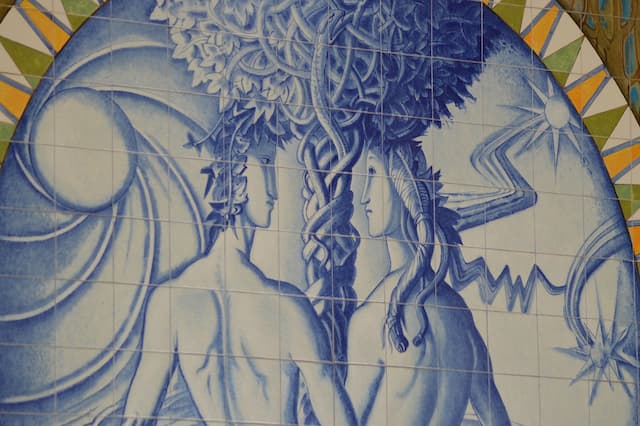Maundy Thursday: The Beginning of Liberation

Tonight we begin the paschal triduum. Paschal Triduum also called Easter Triduum, Holy Triduum, or The Three Days is the most important three days in the liturgy of the Catholic Church. First of this triduum is the evening mass of the Lord ’s Supper this Holy Thursday. In this mass we commemorate the Lord’s celebration of the Passover with his disciples. Being a Jew, Jesus and his disciples knew fully well the special meaning of the Passover. The Passover is the most important feast for the Jews.
The Jews celebrate Passover through a family meal. Traditionally the youngest child ask the question at the beginning of the meal: “Why is this night so special? Why is this night so different from other nights?” There other questions that the child asks but clearly the questions are designed to relive and remember the Passover event—the story of the night of deliverance of the Israelites from Egyptian slavery.
Perhaps, during the mass tonight we may ask why this night is so different from other nights. Why is this mass so different from other masses? Perhaps the most obvious reason what makes this mass special from other masses is the washing by the presider of the feet of 12 members of the community who represents the 12 disciples of Jesus. In the 4 gospels, the last supper account is recorded but only in the gospel of John that the washing of the feet is mentioned. And this is a radical addendum to the last supper story.
We can only understand the radicality of John’s washing of the feet nuance to the last supper account if we understand the meaning of foot washing. In Biblical times, the dusty and dirty conditions of the region and the wearing of sandals necessitated foot-washing. Foot-washing, however, was reserved for the lowliest of menial servants. Jesus, therefore, by washing the feet of his disciples is imitating the work of the slaves.
When I was a seminarian, part of our apostolate was to visit the Tahanan in Tayuman, Tondo which is run by the Missionaries of Charity of Mother Theresa. Tahanan is home to the elderly sick and dying collected by the sisters mostly from the streets. The first time I came there I was shocked at what I saw: The sisters bathing the sick, washing their clothes which were often soaked in shit, feeding them and nursing their wounds. I just silently mumbled, “My God, this is the work of slaves. Indeed, the sisters is truly living out the mandatum of Jesus in tonight’s gospel.
Jesus was no slave but did what slaves usually do–wash the feet of their masters. In the process, he freed his disciples out of slavery. Jesus was no victim but immersed himself into the life of the victims. In the process he liberated them so they may be victims no more.
Ironically, in our world today, we have masters but in reality they are slaves because they could not liberate others. Their captivation with power, wealth, and fame prevents them to experience genuine freedom and to inculcate true liberation to others.
This is the reason why Holy Thursday is called Maundy Thursday. The name is taken from the first few Latin words sung at the ceremony of the washing of the feet, “Mandatum novum do vobis ut diligatis invicem sicut dilexi vos” (“I give you a new commandment, That ye love one another as I have loved you” [John 13:34]).
Jesus reinterpreted the meaning of Passover by becoming the example of a servant to his disciples. True freedom and liberation begins by taking the form of a slave and serving others. At the beginning of the triduum, Jesus calls us to join him in his passing over from slavery to freedom. “I no longer call you slaves but friends.”
This is the beginning of liberation.
I am passionate about the intersection between new media and technology. I continue to research and apply new media in theology and vice-versa. I am also a fan of Our Mother of Perpetual Help and her continuing relevance in today’s digital world.
View all posts by Baclaran Phenomenon



